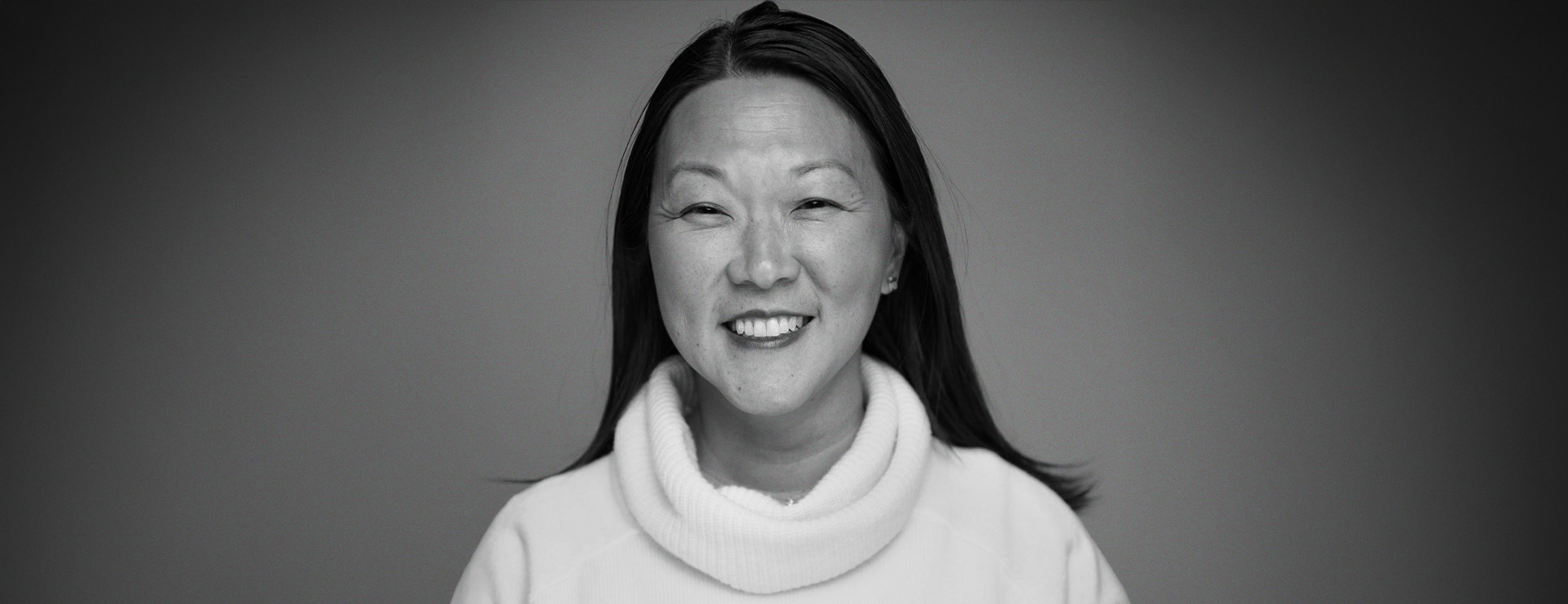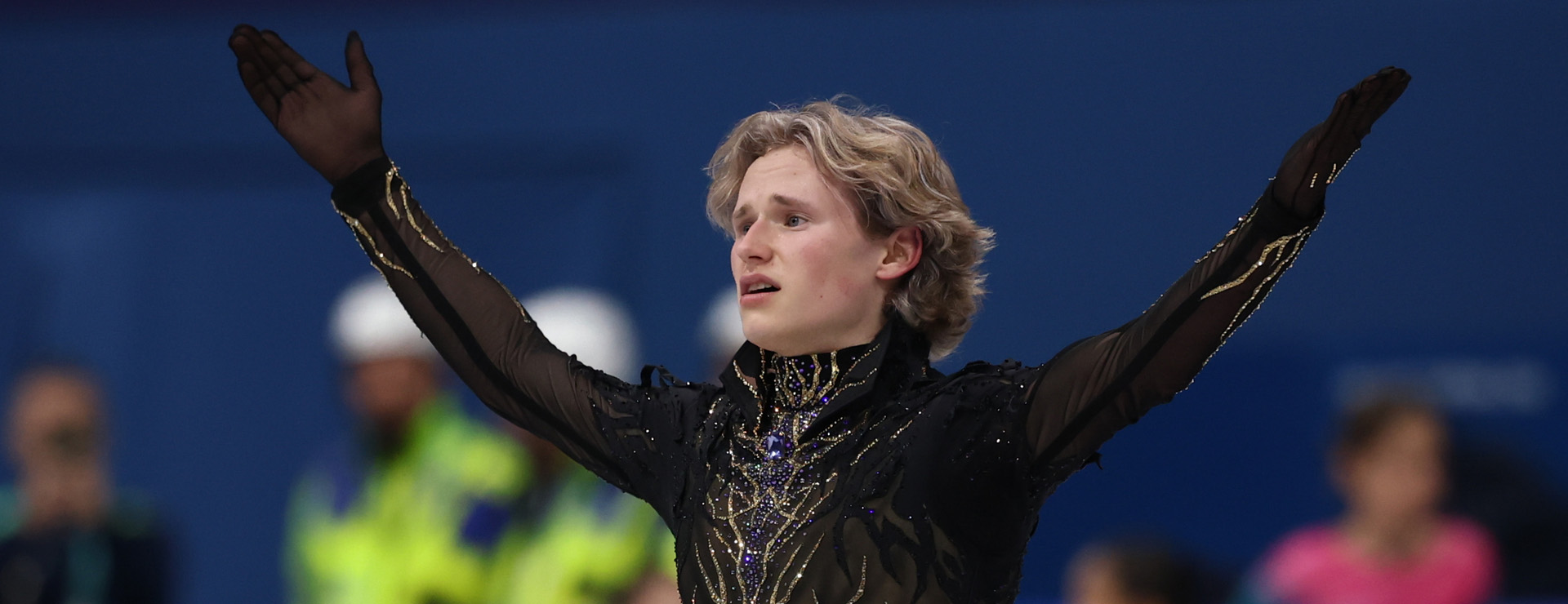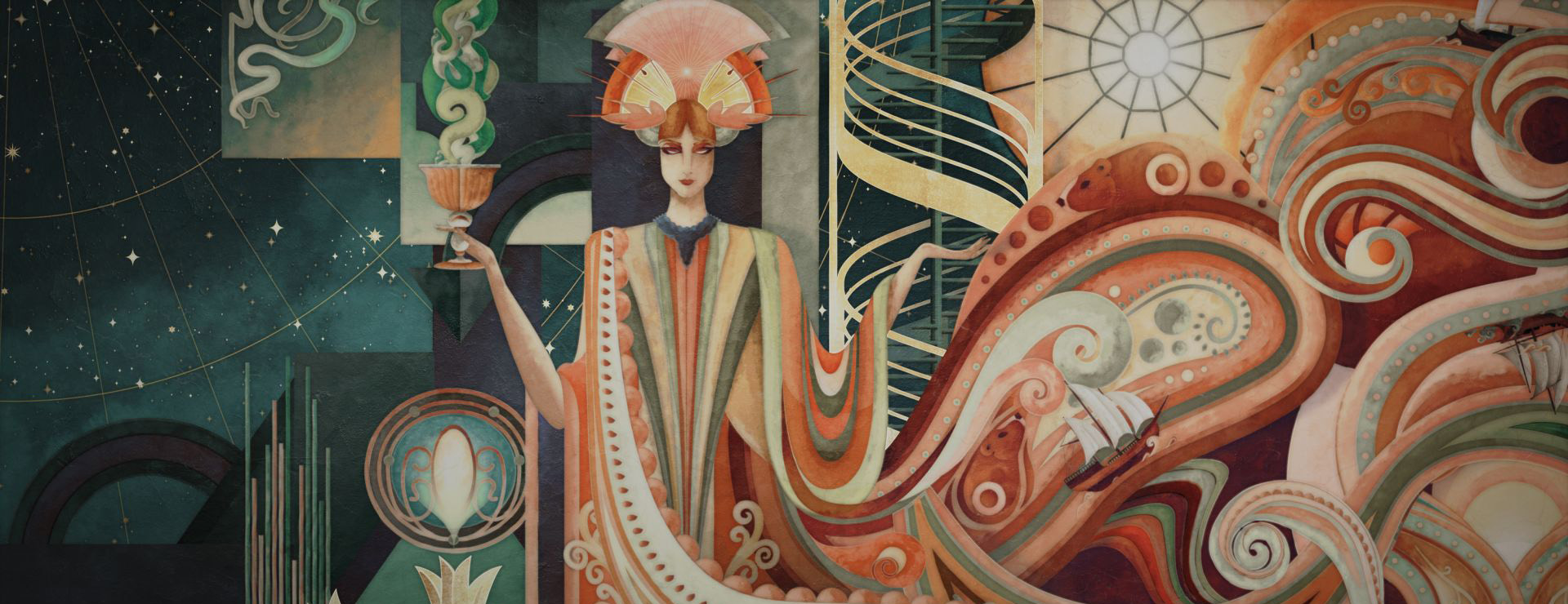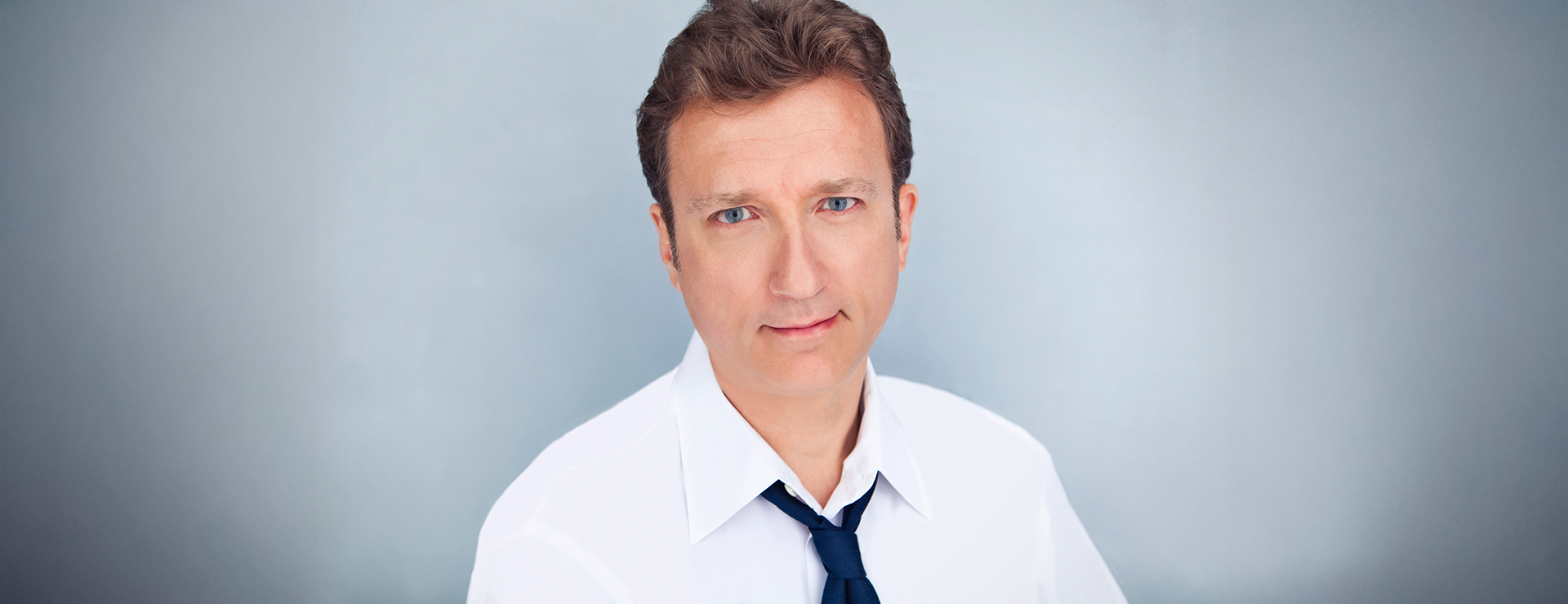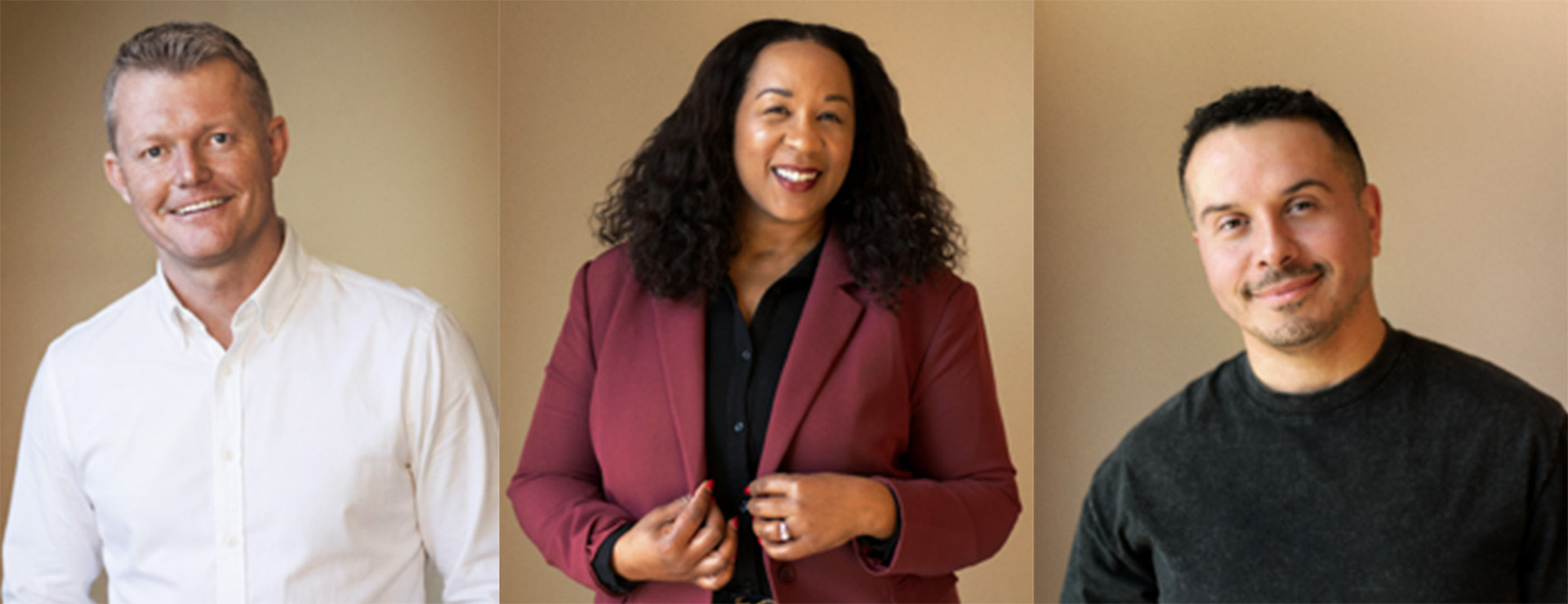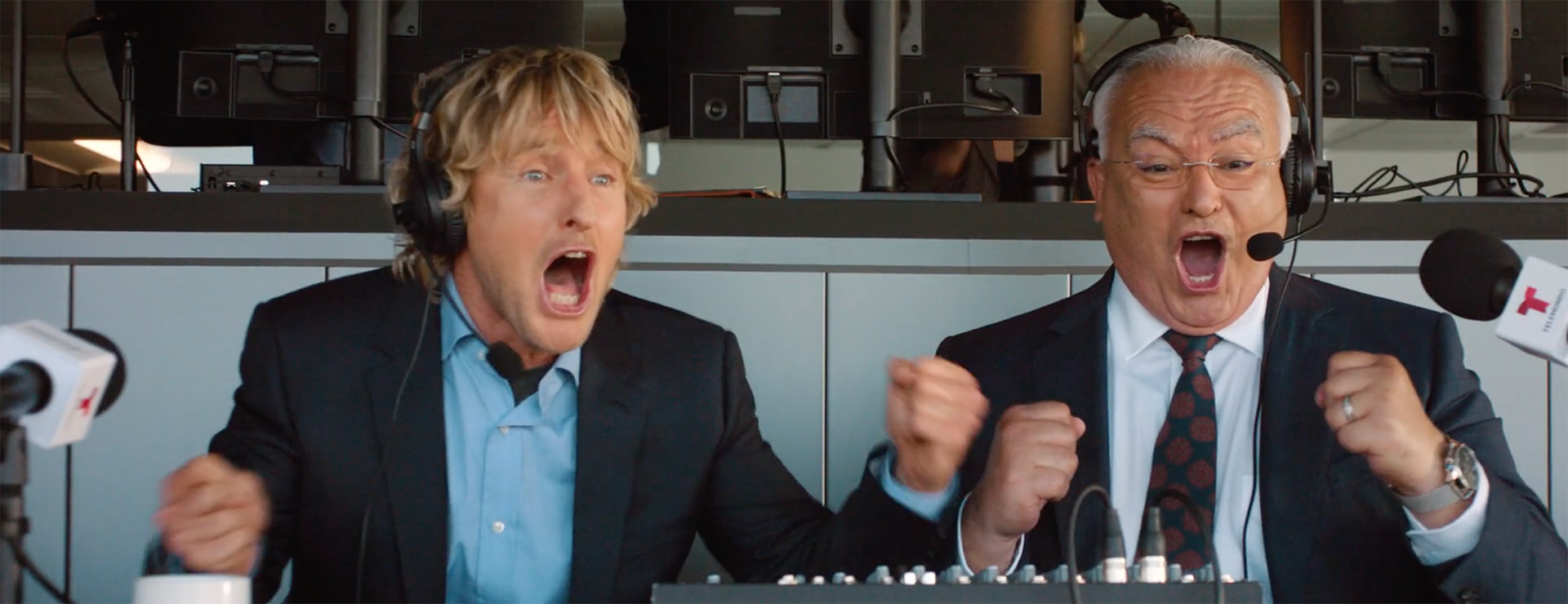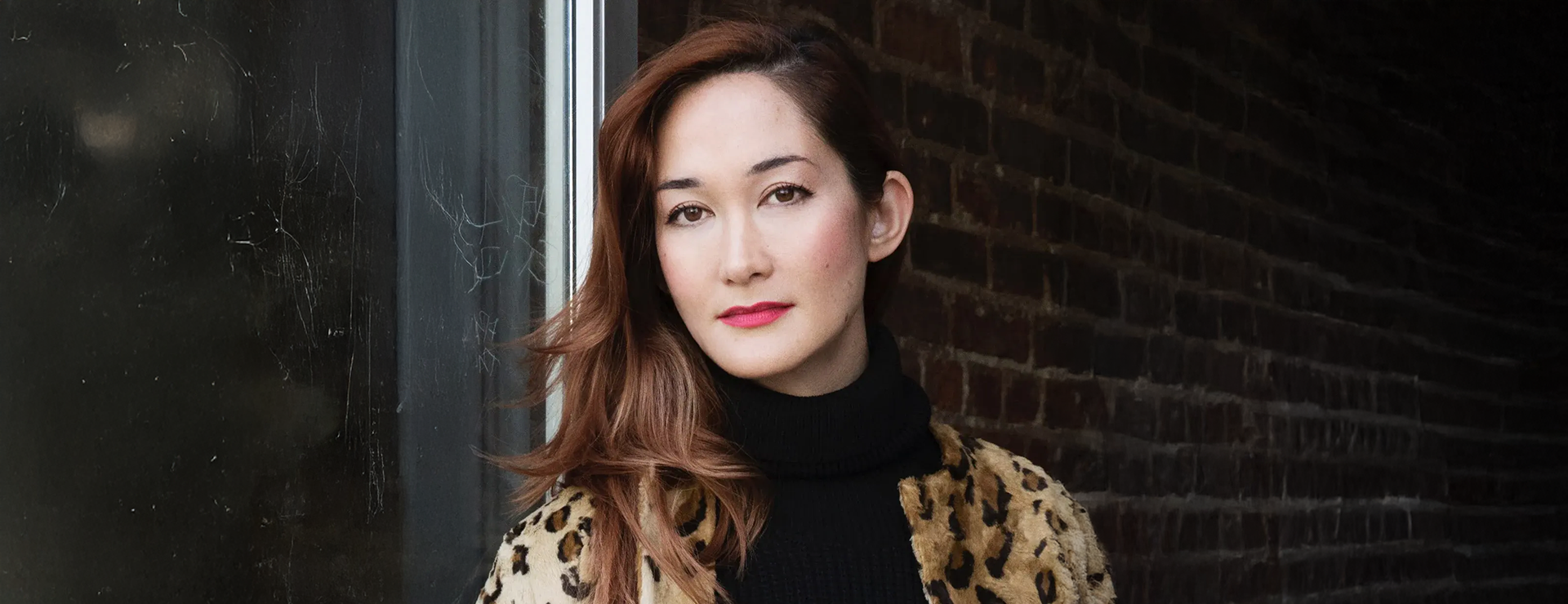In 2018, Michael Tessler drove from New York to Los Angeles with $300 in his pocket and a dream to turn his love of storytelling into a way to impact the world for good. Almost upon arrival, Tessler founded social impact storytelling company Multihouse and began to cut a path toward realizing his goals.
This weekend, Multihouse is hosting the first-ever MultiCon – a congregation of fandom around both traditional media and content creators that’s also a fundraiser for the United Way of Greater Los Angeles in the wake of the wildfires that destroyed Altadena and the Pacific Palisades.
In this week’s exclusive Spotlight Q&A, Tessler explains why he believes that empathy is the key to all successful storytelling, whether that’s a feature film, novel, TV series or marketing campaign.
Spotlight: Let’s jump right in. What’s the backstory of you coming out to Los Angeles and founding Multihouse?
Michael Tessler, CEO and founder of Multhouse: I'm from New York originally. I was born and raised there, and then my family had this crazy idea of moving to the Disney town of Celebration in Orlando, Florida. I survived a six-year tour there. I worked for the Mouse for a while, and ran some political campaigns and then moved back to New York. I was selling newspaper ads door to door. This was in 2016 and 2017 and I was actually pretty good at it.
My boss trusted me with this one product they had. It was a map of this part of Long Island where George Washington had his spy ring, and these businesses would take up these tiny box ads on the printed map. For the life of me, it was the only thing I couldn't sell. So I pitched this idea of making an interactive film series where you would go to each one of these historic sites along Washington's spy trail, and you could scan a QR code, and you would be thrust into the center of your very own Revolutionary War spy mission. By good grace and fortune, she said, ‘what's the worst that could happen?’ It was a whopping success. She then asked me, ‘what do you want to do next?’ Without missing a beat, I said, ‘let's make a feature film.’ And so we raised some money and made a feature film about the revolutionary war.
Spotlight: So once you did that, you thought, ‘I’m a filmmaker now so I must move to Los Angeles’ or what brought you out to the West Coast?
Tessler: Growing up, my best friend, Brandon Myers, had muscular dystrophy. He was the most amazing human being in the world. He was fearless. He'd roll into Tinder dates in his wheelchair with a tracheostomy tube in his throat. He was a conductor and also wanted to be a film composer. When he was unable to lift his arms any longer, he taught himself a whole new way to conduct using his head, which has become the standard for anyone who doesn't have use of their arms in the conducting world. The Today Show did a story about it.
Every year we'd go on crazy trips. One year, he says, ‘I want to hike a mountain.’ So we found a wheelchair-accessible mountain in Maine. His electric wheelchair quit about halfway through, and he said, ‘we're still going to the top, right?’ We pushed him up the rest of the way.
That's the kind of person he was. And so here I was, down on my luck, a little lost in life. He asked me what I wanted to do with my life. It was really the first time anybody had ever asked me that question, in a way that made me pause. I said, ‘I love storytelling.’ We weren't calling it social impact then, but I helped start the International Youth Congress, and I had done a lot of civic work. I loved helping people. I passed my first bill in the New York State Senate when I was 16, because I was a weird kid, but also because I really wanted to tell stories and do good.
I also felt upset that people were no longer listening to each other. The minute you try telling somebody how to think and feel, they no longer are willing to engage. But when you have that storytelling component – whether you are working in film, TV or marketing – there really is the ability to create empathy with an audience that allows them to reach their own conclusion and let their humanity help guide them to something wonderful.
I talked about creating a company and maybe moving out to LA and trying to figure it out. Could I build something that would allow me to do all of those things all at once? At the time, I was selling newspaper ads and living off Dollar Store canned chili so it all sounded quite improbable.
Brandon, with his infinite optimism and outlook, said, ‘what's stopping you?’ What are you supposed to say to somebody that rolls up to Tinder dates in an electric wheelchair with a tracheostomy tube in his neck? So I went and started. Shortly after I finished my first feature, Brandon passed away. I was able to work with an amazing composer from CalArts who helped me transpose some music he had written. We got an orchestra and recorded it, and we actually used it as the soundtrack for that first film to make sure that we crossed that dream off the list. And after that, he was really the last connective tissue that I had in New York.
I packed up my car, I maybe had $300 and I started to drive. On my first day on the road trip, I got a phone call from a Travel Channel producer that I had met while working on a pilot for them about the Revolutionary War. She asked me, ‘how would you like to send Sir Richard Branson to the bottom of the Great Blue Hole in Belize, and are you an ancient Maya expert?’ I said, ‘I can be and yes please.’
I started producing that show on that cross-country road trip to LA. It didn’t take me long to realize that while there's some very brilliant people in our collective industry, most people don't actually know what they're doing. Everyone's figuring it out as they go. And I found that to be a very liberating thing, because I also didn't know what I was doing. I incorporated Multihouse shortly thereafter.
Spotlight: What did you originally conceive Multihouse to be and what has it evolved into today?
Tessler: It definitely started more as a traditional production company. In 2018, Hollywood had yet to really undergo the radical changes that it has since the pandemic. Our first pitch was a piece of alt-history, speculative fiction about what if Douglas MacArthur was elected president in 1948. We pitched it to a TikTok competitor that's no longer in business. And they actually bought it. So we sold my very first pitch in LA, which continues to boggle my mind.
When the pandemic started, we started to pivot, playing around with the idea of being in the game space. We made a graphic novel. We wrote a feature-length novel that was published in 2021. I got connected with some folks in the marketing world who kept feeling the increasing frustrations with traditional marketing and they wanted to add a storytelling element to it. We ended up working alongside Sunshine Sachs, the PR firm, and helped with Illuminative, an amazing indigenous organization with probably one of the largest paid media campaigns targeted to the indigenous population in North America in history. It was for their COVID 19 vaccine awareness campaign. We also started working with folks like the ‘Free Peter Max’ campaign, the famous pop artist who is in a Britney Spears-style conservatorship. All of a sudden it was like all of the dots connected and I realized we were bringing a certain type of storytelling to the art of marketing that utilized empathy.
We start doing campaigns and working with all these incredible nonprofits. And we actually help launch a social impact incubator that has more than 200 nonprofits in its ecosystem. It's become a real pillar of the work that we do. Simultaneously, we haven't forgotten our production roots. I've always been interested in the digital space and the content creator space. So many of my contemporaries started in their bedrooms and in their garages and just making videos. One of them was the Reel Rejects and Greg Alba.
What occurred to him and I early on, as we kind of took our friendship into a business relationship, is that there is this really profound void that exists between traditional media and marketing and digital content creation and digital marketing. We’re helping connect these content creators with legacy media, and erasing a lot of those barriers that exist.
Spotlight: How has your relationship with Reel Rejects helped advance what you do at Multihouse?
I joke that I moonlight as an influencer. Reel Rejects put me on the channel for some Star Wars reactions, because Greg knew I was a big Star Wars guy, and the internet turned out to really enjoy my opinions on the matter. And next thing you know, I'm speaking at conventions and in particular, WonderCon in Anaheim. While I was there doing a panel, we met one of our fans who drove all the way out from Salt Lake City just to see our panel.
I asked this fan why he came all this way and why he liked the channel so much. He said something that was so simple and so profound that I think a lot of mainstream marketing fails to fully understand. He said when he watches the channel, he feels like he's sitting on the couch with Greg and I, with two best friends, and he feels a little bit less lonely. When we cry when we're watching something, or we laugh, we are providing to him a validation of his emotions and his experiences. It was this beautiful moment where my hypothesis that it's all about empathy came full circle. It really got me thinking about the connective tissue between impact and content creation.
I realized that we were on to something, which is why I went to that impact incubator I mentioned earlier and pitched the idea of creating original content with these extraordinary content creators that dives a little bit deeper into those emotional realities and creates more of these opportunities for authenticity. They greenlit a joint endeavor that we're calling, tentatively, Impact Studios, which is a completely new way to fund these projects while also supporting nonprofits and generating fundraising revenue for them.
We are a social impact storytelling company that has a funny way of connecting the dots of legacy, digital and all mediums of storytelling with the common thread of doing something good and believing that doing good is good for business.
Spotlight: Does being a social impact storytelling company mean that you wouldn’t pursue a traditional for-profit project if the opportunity arose?
Tessler: Any opportunity that I can't connect to some form of social impact means I have achieved a failure of imagination.
Sometimes that impact is large and sometimes it's small. I realized that something as simple as watching this YouTube channel where we react to movies is helping the loneliness epidemic, is helping young men express their emotions freely. Impact comes in a lot of different forms.
Look at the percentage of Americans that supported gay marriage before and after Modern Family came out. Or what the perception of interracial marriage was after the first interracial kiss on Star Trek. They're small, little nuanced touches. But the power of moral imagination allows us to achieve a world where that power combined with our empathy actually turns that into a reality.
Spotlight: Multihouse has a big event called MultiCon coming up this weekend. Was that something you were already planning, and then the LA fires came up, so then you were able to link them, or have you put this all together in just the past few weeks.
Tessler: What I thought was so beautiful about WonderCon is that people quite literally came from everywhere. I think it's a lot of the folks that you know would be unfairly assigned as basement dwellers who suddenly are bright-eyed and feeling a sense of community. In a very strange way, it reminded me of the last generation who was like we're gonna all play in the front yard, and all the neighbor kids are gonna come out and we're gonna have water balloon fights. It felt like the grown up version of that, where this missing piece of community suddenly was there. People were all able to express themselves freely. I thought that was really beautiful.
I did three terms as a local council member here in Hollywood for the Hollywood studio district. One of my big frustrations, and one of the big things that I pushed for, is this idea of, ‘why can't Hollywood be Hollywood?’ That's where the idea started of doing a social impact-focused convention that would bring all that magic and wonder to the heart of the industry.
We'd been noodling on it for a while and then our amazing VP of marketing, Nate Eckman, both of his kids lost their schools in the wildfires. Nate and I both reached the same conclusion, and we got on the phone with our amazing publicist, Paul Christensen from Pal Public Relations and we were like, ‘let's see what we can do.’ And Larry Bond, who's an extraordinary real estate developer and the owner of The Preserve where Multihouse is housed and where MultiCon will take place, we talked about it, and he generously offered the space and opened up his network and resources. Our team at Multihouse did the same, and within a week after we started, we knew we had something big.
It's probably the quickest turnaround for an event with this magnitude of celebrity and content creator guests. I've always held on to my moniker of I'm a proud New Yorker, but this past month really solidified for me that I'm a proud New Yorker and I'm a proud Angeleno.
Spotlight: I see on the MultiCom website that you’ll have panels, screenings, immersive experiences, workshops, creator labs, tapping into this whole creator community to bring together.
Tessler: It's a beautiful combination of the mainstream and the creator communities. We have folks from Marvel, DC, Star Wars. We've got the creator and a good chunk of the cast of The Walking Dead. At the same time, we also have all these extraordinary content creators who have created beautiful communities. They've all come together.
We received a wonderful sponsorship from Fantasy of Flight games, and we’ll have this great Dungeons and Dragons activation. We’re working with one the world’s largest cat influencers on a special activation that's benefiting the Pasadena Humane Society and helping foster animals. Our main partner is the United Way of Greater Los Angeles. Part of the logic of selecting that organization is that they encompass both Altadena and the Palisades.
This is the first ever MultiCon, but we already have plans based on just the preliminary success of this to continue it as an ongoing event every several months, right here in the heart of Hollywood. It's going to be a social-impact convention that brings together celebrities and content creators. Every con will have a different beneficiary organization for different causes, but the idea is to create community while doing something wonderful.
Get tickets here to attend MultiCon on Saturday, February 22 at The Preserve in Hollywood.


